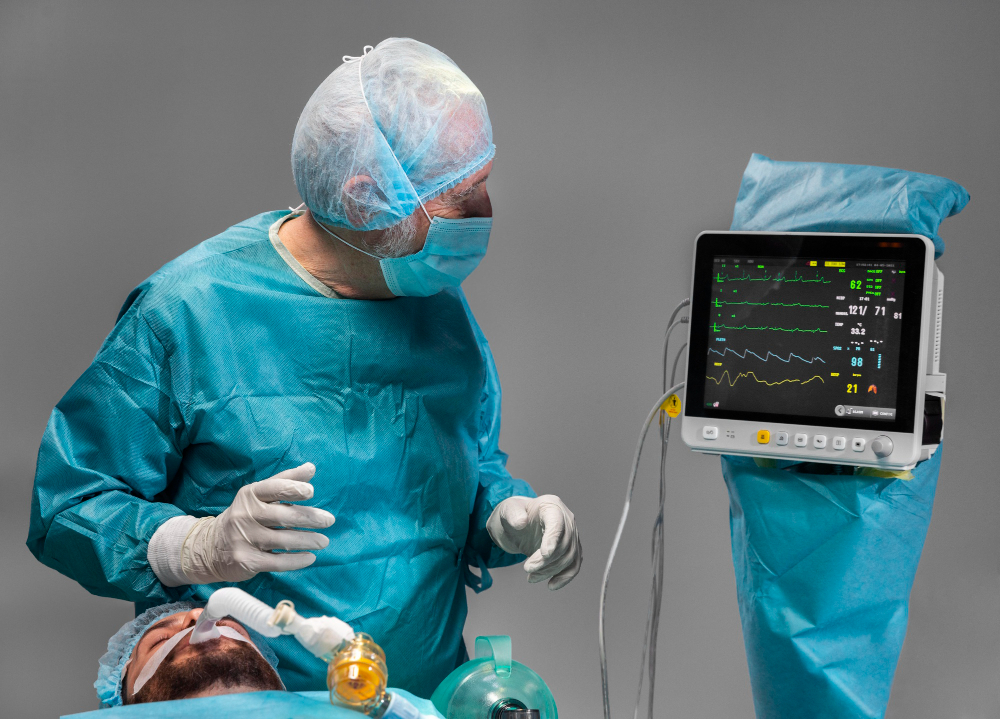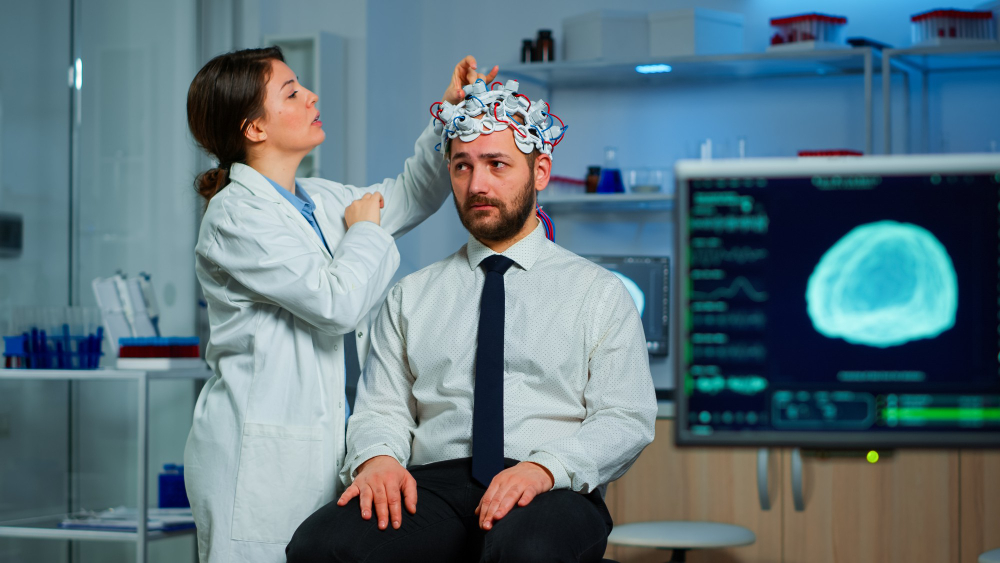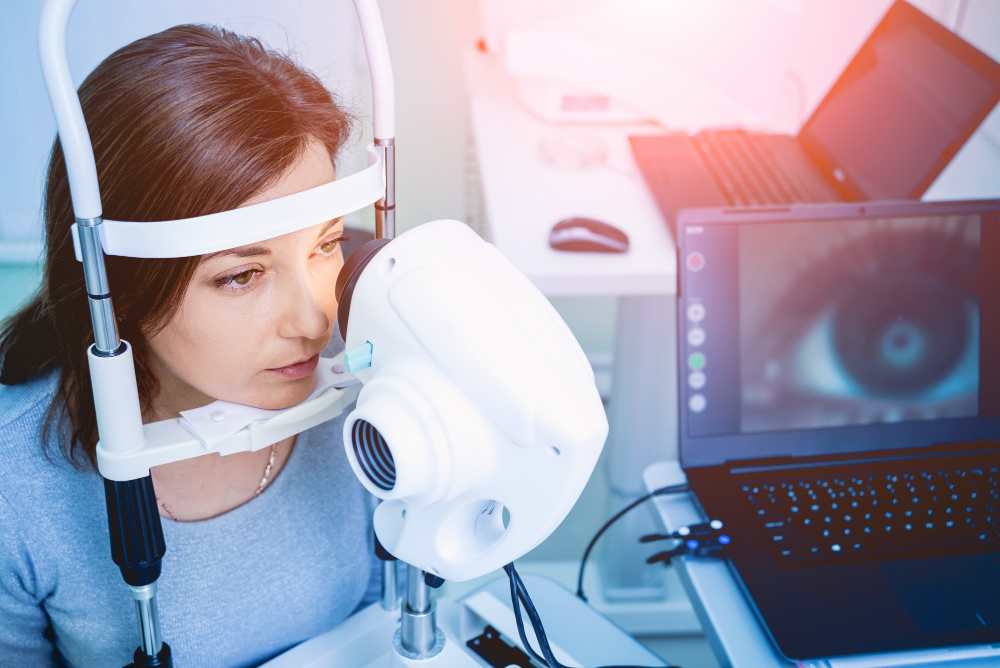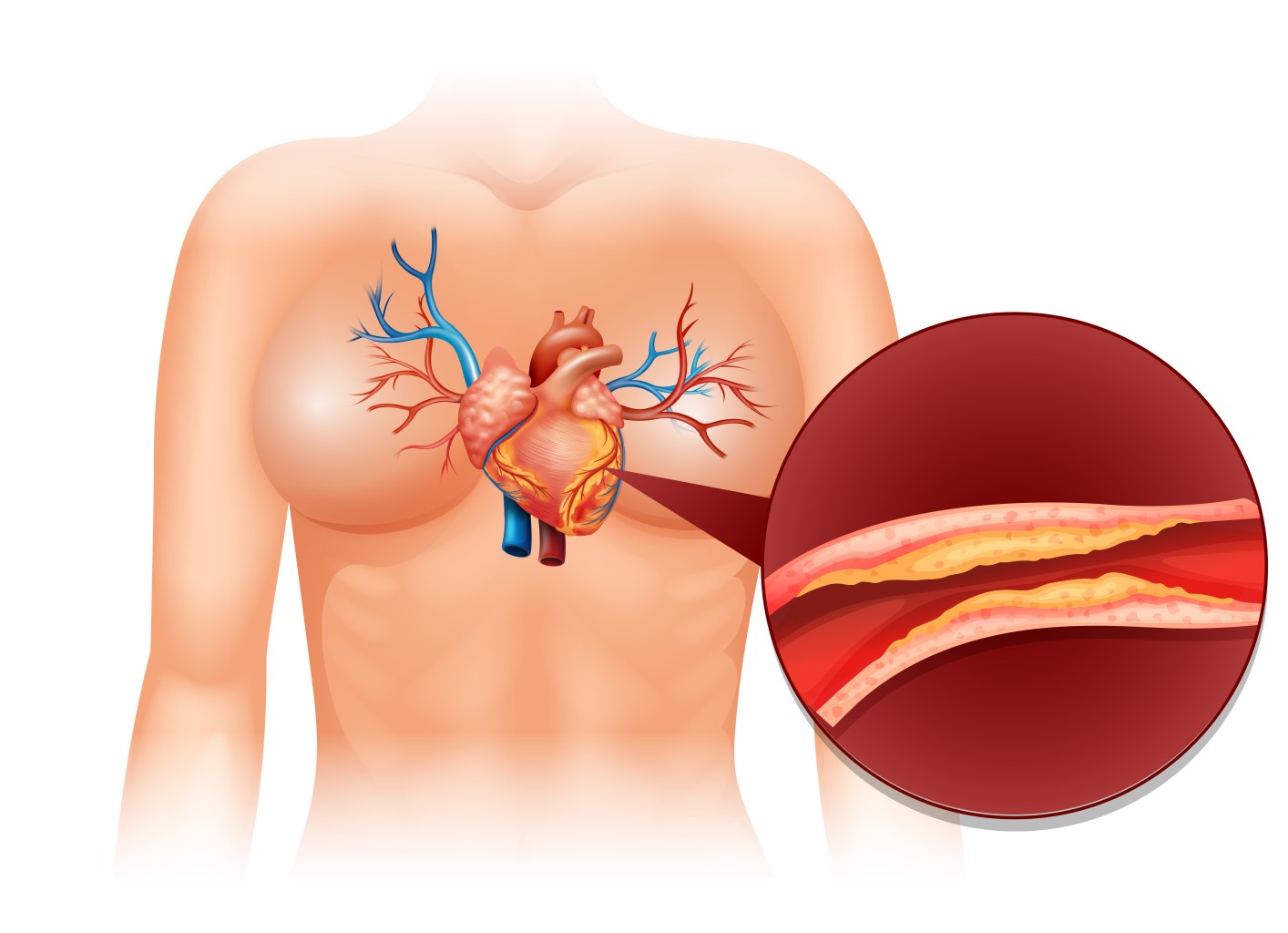Treatments & Services
Multispeciality Services

Treatments & Services
Centers of Excellence

Accident & Trauma Care
Accident and trauma care involves providing immediate medical attention to individuals who have sustained injuries resulting from accidents, falls, or other traumatic events. This specialized care is administered by trained healthcare professionals in emergency departments or trauma centers. The focus is on rapid assessment, stabilization, and treatment of life-threatening injuries, such as severe bleeding, head trauma, and multiple fractures. Accident and trauma care teams employ advanced medical techniques and technologies to ensure prompt intervention and improve the chances of survival and recovery for patients.

Cardiology
Cardiology is the branch of medicine dedicated to the diagnosis, treatment, and prevention of diseases and conditions related to the heart and circulatory system. Cardiologists, specialized physicians in this field, assess and manage various cardiac issues such as heart attacks, heart failure, arrhythmias, and congenital heart defects. They employ diagnostic tools like EKGs, echocardiograms, and cardiac catheterization to evaluate heart function and structure. Cardiology interventions include medication management, lifestyle modifications, and procedures like angioplasty and bypass surgery to promote heart health and longevity.

Clinical Pathology
Clinical pathology is a medical specialty focused on diagnosing diseases and conditions through laboratory analysis of bodily fluids and tissues. Pathologists, specialized physicians in this field, examine blood, urine, and tissue samples to detect abnormalities and provide insights into the underlying pathology. Through techniques such as microscopy, chemical analysis, and molecular testing, clinical pathologists aid in diagnosing conditions ranging from infections to cancer. Their findings contribute to patient care decisions and treatment planning across various medical specialties.

Critical Care Medicine
Critical care medicine is a medical specialty dedicated to the management of patients with life-threatening conditions or severe injuries. Critical care physicians, also known as intensivists, provide comprehensive care in intensive care units (ICUs), focusing on the stabilization and support of vital organ functions. They employ advanced monitoring techniques and interventions such as mechanical ventilation, hemodynamic support, and continuous medication infusions to optimize patient outcomes. Critical care medicine plays a crucial role in saving lives and improving the prognosis of critically ill patients.

Dermatology
Dermatology is a medical specialty focused on diagnosing and treating conditions related to the skin, hair, and nails. Dermatologists, specialized physicians in this field, address a wide range of issues including acne, eczema, psoriasis, skin cancer, and infections. They perform examinations, biopsies, and various treatments such as medications, surgeries, and laser therapy to improve skin health and appearance. Dermatologists also provide preventive care, education on skincare, and screenings for early detection of skin cancer and other dermatological conditions.

Anaesthesiology & pain Management
Anesthesiology is a medical specialty focused on providing anesthesia and managing pain before, during, and after surgical procedures or medical interventions. Anesthesiologists are trained physicians who administer anesthesia medications and monitor patients' vital signs to ensure their safety and comfort during procedures. Pain management is a subspecialty of anesthesiology dedicated to diagnosing and treating acute and chronic pain conditions. Pain management specialists employ various techniques, including medications, injections, physical therapy, and psychological interventions, to alleviate pain and improve patients' quality of life.

Diabetology
Diabetology is a medical specialty focused on the diagnosis, treatment, and management of diabetes mellitus and its associated complications. Diabetologists, specialized physicians in this field, work closely with patients to monitor blood sugar levels, provide personalized treatment plans, and offer education on lifestyle modifications and medication management. They play a crucial role in helping individuals with diabetes achieve optimal glycemic control, prevent complications, and improve overall quality of life through comprehensive care and support.

Gastroenterology
Gastroenterology is a medical specialty centered on the diagnosis, treatment, and prevention of diseases and disorders affecting the digestive system. Gastroenterologists, specialized physicians in this field, address conditions such as gastroesophageal reflux disease (GERD), inflammatory bowel disease (IBD), liver disease, and pancreatic disorders. They utilize various diagnostic procedures such as endoscopy, colonoscopy, and imaging studies to assess gastrointestinal health and provide treatments including medications, dietary recommendations, and minimally invasive procedures to improve digestive function and overall well-being.

Infertility Treatment
Infertility treatment involves medical interventions aimed at assisting individuals or couples in conceiving a child. It encompasses various approaches such as fertility medications, intrauterine insemination (IUI), and assisted reproductive technologies (ART) like in vitro fertilization (IVF). These treatments address underlying causes of infertility such as ovulation disorders, sperm abnormalities, or fallopian tube blockages. Infertility specialists provide personalized care plans, including counseling, diagnostic testing, and appropriate interventions, to help individuals achieve their goal of parenthood.

Internal Medicine
Internal medicine, also known as general medicine, is a medical specialty focused on the prevention, diagnosis, and treatment of adult diseases. Internal medicine physicians, also called internists, provide comprehensive care across various medical conditions, including chronic illnesses, infectious diseases, and complex medical problems. They emphasize preventive care, health promotion, and management of chronic conditions through lifestyle modifications, medication management, and coordination of care with specialists when necessary. Internal medicine encompasses a broad spectrum of medical knowledge and skills to address diverse patient needs.

Joint Replacement Surgery
Joint replacement surgery is a medical procedure aimed at relieving pain and restoring function in damaged or diseased joints. It involves replacing damaged joint surfaces with artificial implants made of metal, plastic, or ceramic materials. Commonly performed for hip, knee, and shoulder joints, this surgery can alleviate symptoms of arthritis, degenerative joint disease, or severe injuries. Joint replacement surgery enables patients to regain mobility, reduce pain, and improve their quality of life, particularly when conservative treatments have failed.

Neurology
Neurology is a medical specialty focused on diagnosing and treating disorders of the nervous system, including the brain, spinal cord, and peripheral nerves. Neurologists, specialized physicians in this field, evaluate and manage conditions such as epilepsy, stroke, multiple sclerosis, Parkinson's disease, and Alzheimer's disease. They utilize various diagnostic techniques such as imaging studies and neurological exams to assess nerve function and structure. Neurologists develop personalized treatment plans, which may include medications, therapies, and lifestyle modifications, to optimize patient outcomes.

Ophthalmology
Ophthalmology is a medical specialty dedicated to the diagnosis, treatment, and prevention of diseases and disorders related to the eyes and vision. Ophthalmologists, specialized physicians in this field, provide comprehensive eye care services, including routine eye exams, prescription of corrective lenses, and management of eye conditions such as cataracts, glaucoma, and macular degeneration. They perform surgeries such as cataract removal and laser eye procedures to improve vision and maintain ocular health, ensuring optimal visual function and overall well-being.

Obstetrics & gynaecology
Obstetrics and gynecology (OB/GYN) is a medical specialty focused on women's reproductive health. Obstetricians specialize in pregnancy, childbirth, and postpartum care, ensuring the well-being of both mother and baby. Gynecologists focus on the female reproductive system, addressing issues such as menstrual disorders, infertility, and gynecological cancers. OB/GYN physicians provide comprehensive care, including prenatal care, family planning, and gynecological surgeries. They play a crucial role in promoting women's health throughout their reproductive years and beyond.

Orthopedic Surgery
Orthopedic surgery is a specialized branch of medicine dedicated to diagnosing, treating, and preventing disorders and injuries of the musculoskeletal system. Orthopedic surgeons utilize surgical and non-surgical techniques to address a wide range of conditions affecting bones, joints, ligaments, tendons, and muscles. Common procedures include joint replacement surgeries, fracture repairs, and arthroscopic procedures. The goal of orthopedic surgery is to relieve pain, restore function, and improve mobility, allowing patients to regain independence and quality of life.

Otorhinolaryngology
Otorhinolaryngology, often abbreviated as ENT (Ear, Nose, and Throat), is a medical specialty focused on diagnosing and treating disorders of the ear, nose, throat, and related structures of the head and neck. Otorhinolaryngologists, or ENT specialists, manage conditions such as hearing loss, sinus infections, tonsillitis, and vocal cord disorders. They perform surgeries such as ear tube placement, tonsillectomy, and sinus surgery to alleviate symptoms and improve function. ENT specialists play a vital role in maintaining overall health and well-being.

Pediatridcs & Nenatology
Pediatrics is a medical specialty focused on the health and well-being of infants, children, and adolescents. Pediatricians provide preventive care, diagnose and treat illnesses, and monitor growth and development from birth through adolescence. Neonatology is a subspecialty within pediatrics that specifically focuses on the care of newborn infants, particularly those who are premature or have medical complications. Neonatologists specialize in managing the unique medical needs of newborns, including intensive care for premature babies and treatment of neonatal conditions.

Physiotherapy & Rehabilation
Physiotherapy and rehabilitation are disciplines focused on restoring movement, function, and quality of life in individuals affected by injury, illness, or disability. Physiotherapists employ various techniques such as exercise, manual therapy, and electrotherapy to alleviate pain, improve mobility, and enhance strength and flexibility. Rehabilitation encompasses a multidisciplinary approach, involving physiotherapists, occupational therapists, and other healthcare professionals, to optimize recovery and reintegrate individuals into daily activities.

Plastic Surgery & Cosmetic Surgery
Plastic surgery is a medical specialty focused on reconstructing or repairing defects in the body, often resulting from trauma, disease, or congenital conditions. Cosmetic surgery, a subset of plastic surgery, primarily aims to enhance appearance through elective procedures such as breast augmentation, rhinoplasty, and facelifts. Both disciplines involve surgical techniques to reshape, restore, or improve physical features. Plastic and cosmetic surgeons strive to achieve natural-looking results while prioritizing patient safety, satisfaction, and overall well-being.

Psychiatary
Psychiatry is a medical specialty focused on the diagnosis, treatment, and prevention of mental health disorders. Psychiatrists are trained physicians who assess patients' mental and emotional well-being, provide therapy, and prescribe medications to manage symptoms. They address a wide range of conditions, including depression, anxiety, schizophrenia, and bipolar disorder. Psychiatry emphasizes a holistic approach, considering biological, psychological, and social factors influencing mental health. Psychiatrists play a vital role in promoting mental wellness and improving quality of life for individuals experiencing psychiatric issues.

Pulmonology
Pulmonology is the medical specialty focused on the diagnosis and treatment of diseases related to the respiratory system, particularly the lungs and airways. Pulmonologists, specialized physicians in this field, evaluate and manage conditions such as asthma, chronic obstructive pulmonary disease (COPD), pneumonia, and lung cancer. They utilize diagnostic tools such as pulmonary function tests, imaging studies, and bronchoscopy to assess lung function and structure. Pulmonologists provide personalized treatment plans, including medications, oxygen therapy, and pulmonary rehabilitation, to improve respiratory health and quality of life.

Spine Surgery
Spine surgery is a specialized field of medicine aimed at diagnosing and treating disorders affecting the spinal column. Surgeons in this field address a variety of conditions, including spinal deformities, degenerative disc disease, herniated discs, and spinal cord injuries. Surgical procedures may involve decompression, fusion, or the placement of implants to stabilize the spine and alleviate pain. The goal of spine surgery is to restore spinal function, alleviate symptoms, and improve the patient's quality of life.

Urology & Andrology
Urology is a medical specialty focused on the diagnosis and treatment of conditions affecting the urinary tract system, including the kidneys, bladder, ureters, and urethra. Urologists also address disorders of the male reproductive system, such as prostate issues and erectile dysfunction. Andrology is a subfield of urology specifically dedicated to male reproductive health, focusing on issues such as infertility, sexual dysfunction, and hormonal imbalances. Urologists and andrologists provide comprehensive care to both male and female patients, addressing a wide range of urological and reproductive concerns.

Vascular Surgery
Vascular surgery is a specialized field of medicine focused on diagnosing and treating diseases and conditions affecting the blood vessels, including arteries and veins. Vascular surgeons address issues such as peripheral artery disease, aneurysms, and varicose veins through surgical and minimally invasive techniques. These procedures aim to restore proper blood flow, prevent complications such as stroke or limb loss, and improve overall vascular health. Vascular surgery plays a crucial role in managing vascular disorders and promoting patient well-being.

Gerneral Surgery & Laparsocopic surgery
General surgery is a medical specialty focused on performing surgical procedures to treat a wide range of conditions affecting the abdomen, digestive tract, skin, and other organs. General surgeons are skilled in various surgical techniques, including open surgery and minimally invasive approaches like laparoscopy. Laparoscopic surgery, also known as keyhole surgery, involves making small incisions and using specialized instruments and a camera to perform surgical procedures with less trauma, reduced pain, and faster recovery times compared to traditional open surgery.


